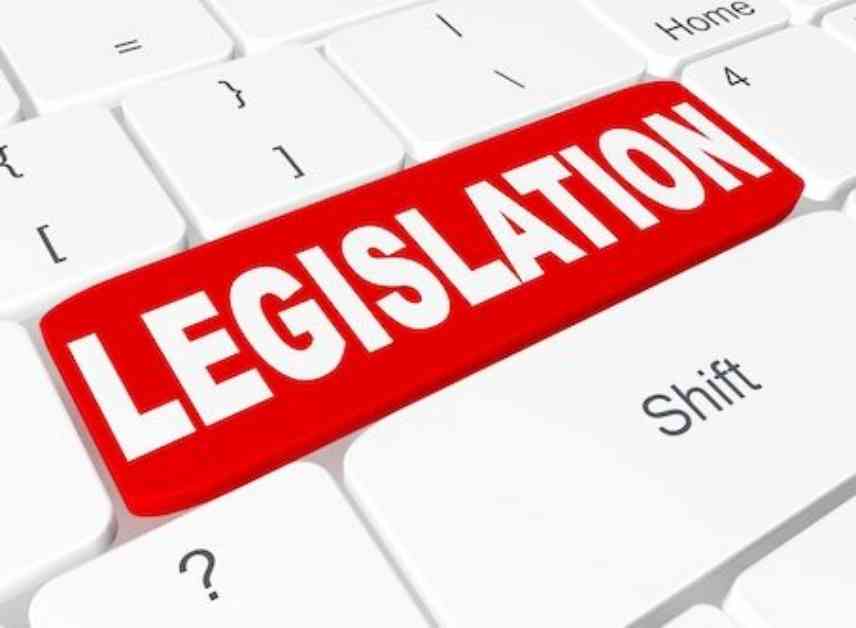Illinois recently passed a new law banning unauthorized digital replicas, making it the second state in the nation to do so after Tennessee’s ELVIS Act. Governor J.B. Pritzker signed HB 4875 into law, amending the state’s Right of Publicity Act to create a cause of action against parties using generative artificial intelligence (AI) systems to create unauthorized digital replicas of individuals. This move comes in response to the growing concern over the use of an individual’s image, likeness, or voice without their consent, a matter also being addressed at the federal level with legislation introduced in the U.S. Senate.
The Illinois Right of Publicity Act, originally enacted in 1999, already required written consent for the commercial use of an individual’s likeness during their lifetime and for 50 years after their death. The new state bill builds upon these existing provisions by prohibiting the distribution or public display of sound recordings or audiovisual works containing unauthorized digital replicas. A digital replica is defined as an electronic representation of an individual’s voice, image, or likeness created by computer, AI systems, or other technology, where the actual individual does not appear but would be reasonably mistaken for being imitated.
Under the new law, individuals or entities found to be contributing to or inducing the distribution of unauthorized digital replicas can face civil liability if they have knowledge of the violation. Liability can also be established if there is willful disregard of facts or circumstances that would indicate a violation of a person’s publicity rights. However, parties that act promptly upon gaining knowledge of such violations by disabling access to the material can potentially avoid liability under the law. Additionally, the law incorporates safe harbor provisions from the Digital Millennium Copyright Act for transmissions of copyright-infringing material.
One notable aspect of the amended Illinois right of publicity law is the enhanced enforcement mechanisms for recording artists. Recording artists themselves or parties contracting with artists to obtain exclusive licenses for distributing audio recordings of their performances are empowered to enforce their rights against unauthorized digital replicas prohibited by the new law.
While the focus of Illinois’ new law is primarily on unauthorized depictions of individuals’ images or voices, it also encompasses generative AI systems that produce textual outputs. Furthermore, the law holds broadband service providers accountable for creating unauthorized digital replicas, provided they are responsible for the creation of such content.
The passage of Illinois’ law against unauthorized digital replicas follows Tennessee’s enactment of the ELVIS Act earlier this year, making Tennessee the first state to penalize the creation of AI-generated individual likenesses. The provisions of Illinois’ new law closely align with those of the ELVIS Act in Tennessee. At the federal level, a bipartisan group of U.S. Senators introduced the NO FAKES Act in late July, proposing the creation of a federal right of publicity. This proposal was supported by the U.S. Copyright Office in its report on digital replicas released the same day as the introduction of the NO FAKES Act.
In conclusion, Illinois’ new law represents a significant step towards protecting individuals’ rights to control the use of their likeness and voice in the digital realm. By implementing measures to prevent unauthorized digital replicas and providing enforcement mechanisms for affected parties, the state is addressing an increasingly important issue in the era of AI technology and digital content creation.















